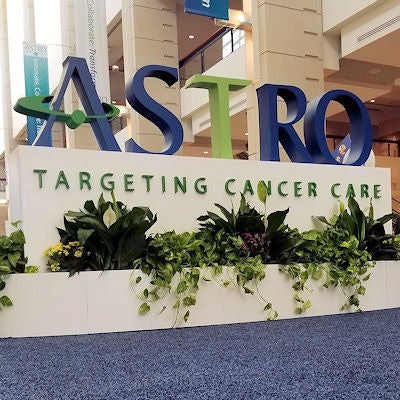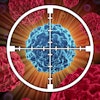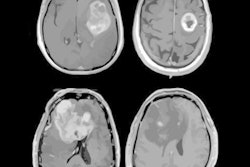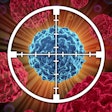
A dose-intensification protocol used with intensity-modulated radiation therapy (IMRT) failed to improve overall survival compared with standard radiation therapy for glioblastoma in a study reported on October 26 at the American Society for Radiation Oncology (ASTRO) meeting.
The randomized NRG-BN001 study compared dose-escalated photon IMRT against standard-dose radiation therapy, both with the drug temozolomide, in 229 patients newly diagnosed with glioblastoma. The toxicity profile for dose-intensified IMRT was similar to standard dosing, but efficacy fell short as it failed to significantly improve overall survival, researchers reported at the meeting.
Median overall survival for the experimental arm was 18.7 months, compared with 16.3 months for standard care. Nor was there a statistically significant difference in the median progression-free survival rates for the two groups.
The findings came from the first group of patients studied in NRG-BN001, a trial sponsored by NRG Oncology of Philadelphia with the U.S. National Cancer Institute. A second group of patients is being studied to test proton beam therapy against standard radiation therapy.



















